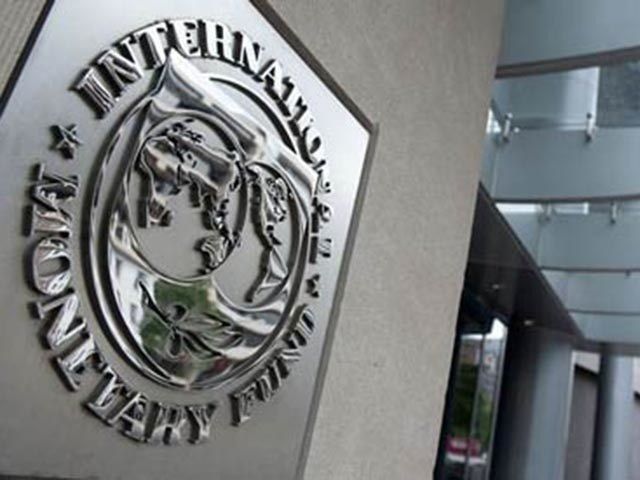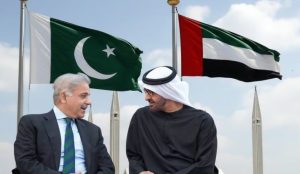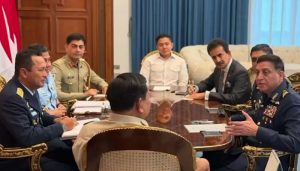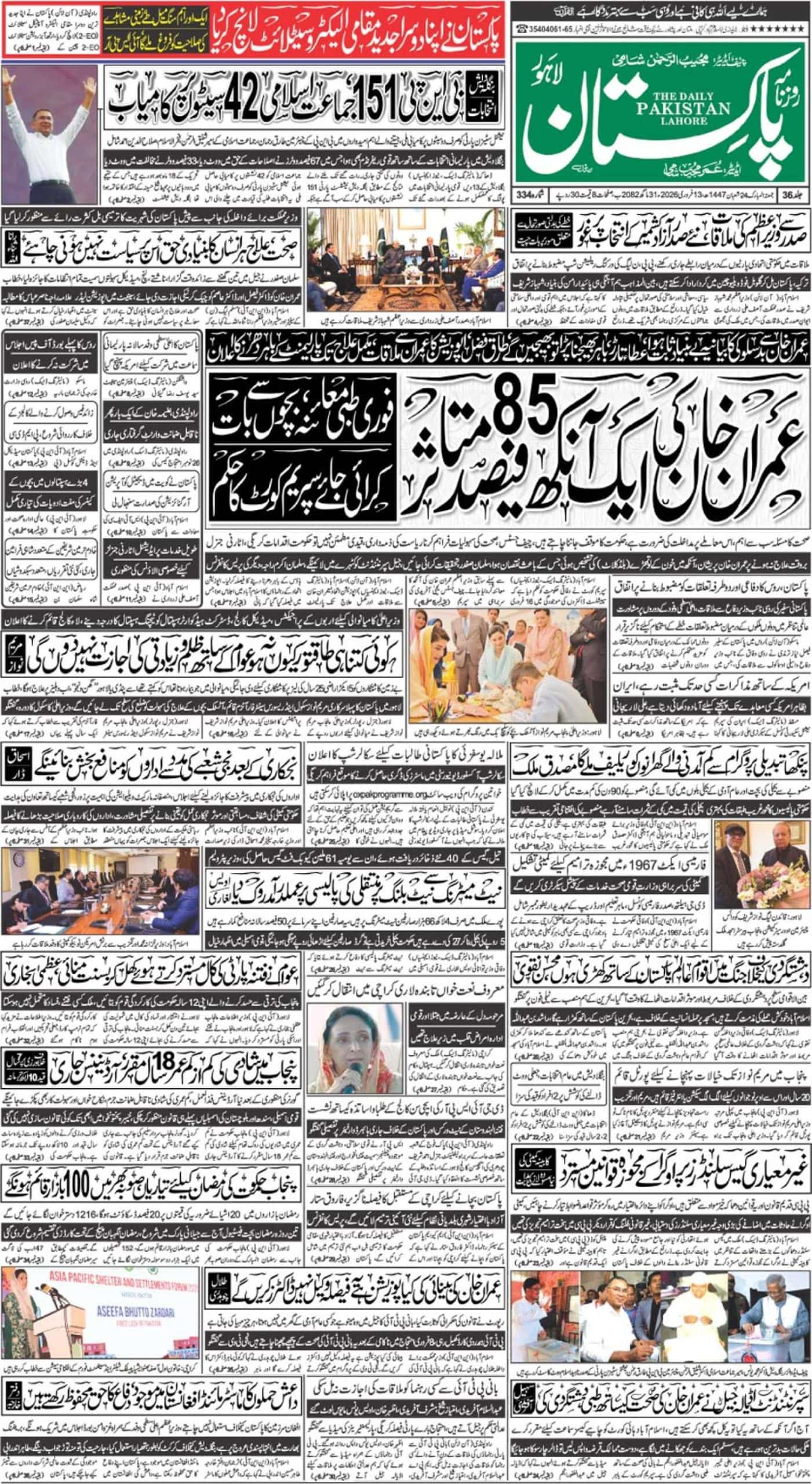WASHINGTON – The IMF Executive Board on Wednesday completed the final review of Pakistan’s reform program leading to an immediate release of $102 million, and praised the government’s commitment to continue implementing strong policies to reinforce macroeconomic stability.
The Board met in Washington, chaired by Deputy Managing Director and Acting Chair, Mitsuhiro Furusawa, to complete the 12th and final review under the 3 yeaer Extended Fund Facility (EFF) that was granted to Pakistan in 2013, leading to approval of the $6.15 billion loan.
“Significant challenges remain for Pakistan in the post program period, and the authorities’ commitment to continue implementing strong policies to reinforce macroeconomic stability gains and advance growth supporting reforms is to be commended,” the IMF Director said in a statement.
He said Fund’s supported program helped Pakistan restore macroeconomic stability, reduce vulnerabilities, and make progress in tackling key structural challenges. The meeting noted that economic growth has gradually increased and inflation has declined.
“External buffers have been bolstered, financial sector resilience has been reinforced, and the fiscal deficit has been reduced, while social safety nets have been strengthened,” the statement said.
Mr. Furusawa said that tax policy and administration reforms allowed for further revenue mobilization, adding that steps have been taken to strengthen the State Bank of Pakistan’s autonomy.
“Energy sector reform allowed a reduction of power outages, energy subsidies, and accumulation of power sector arrears. A country wide strategy to improve the business climate was adopted,” he added.
The Executive Board welcomed the government’s plan to further reduce the fiscal deficit and observed that the 2016/17 budget and the revised fiscal responsibility framework can anchor fiscal policy in support of further gradual fiscal consolidation.
“Further accumulating international reserves in a context of sufficient exchange rate flexibility will help strengthen confidence and competitiveness, while maintaining a prudent monetary policy stance will be key to supporting low inflation and macroeconomic stability.”
“Moving forward with key structural reforms is pivotal to foster higher and more inclusive growth,” Mr. Furusawa said added that restructuring and attracting private sector participation in public enterprises is needed to ensure their financial viability and reduce fiscal costs.
The meeting observed that completing the power sector reform will be important to strengthen the soundness of the sector and support growth. “Continuing to move forward with the implementation of the new business climate reform strategy will help increase competitiveness, foster investment, and support private sector led growth and job creation.”
The IMF Executive Board said that the Fund will continue close engagement with Pakistan through policy dialogue in the context of regular consultations and post program monitoring, along with ongoing technical assistance.














